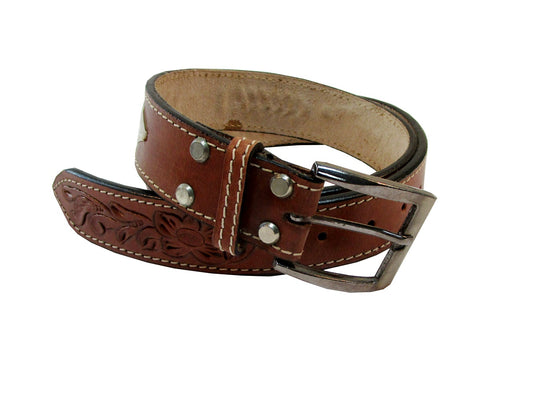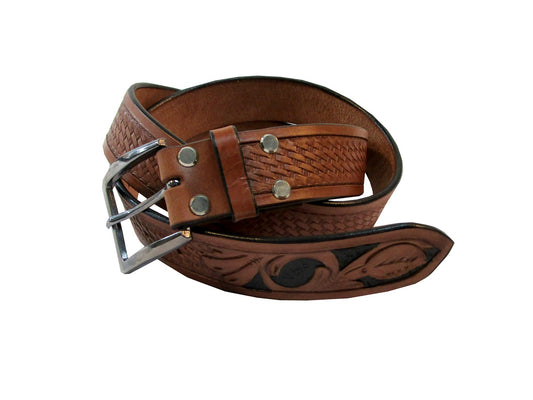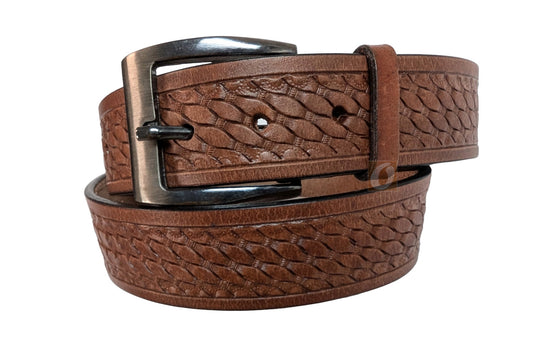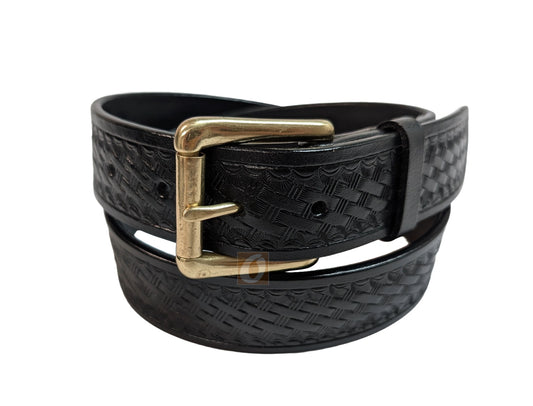Understanding the Law for Importing Guns into the United States
Understanding the Law for Importing Guns into the United States
Importing firearms into the United States involves a complex set of laws and regulations aimed at ensuring safety and compliance with federal, state, and local authorities. Whether you're a gun enthusiast looking to add to your collection or a retailer planning to import firearms for resale, understanding the legal framework surrounding gun imports is crucial. In this article, we'll break down the key laws that govern the importation of firearms, including how they relate to holsters and concealed carry accessories.
Federal Laws Governing Gun Imports
The Bureau of Alcohol, Tobacco, Firearms and Explosives (ATF) is the primary federal agency responsible for regulating firearm imports. The importation of firearms is regulated under the Gun Control Act of 1968 (GCA) and the National Firearms Act of 1934 (NFA). These laws establish the criteria for lawful gun imports and ensure that firearms meet specific safety and technical standards.
1. ATF Approval and Licensing
Before you can import firearms into the U.S., you must be licensed by the ATF. This applies to individuals, businesses, and organizations engaged in importing firearms. The process for obtaining an import license involves submitting an application, paying fees, and undergoing a background check. You will also need to comply with Department of Commerce regulations regarding the importation of certain firearms, parts, and accessories.
2. Compliance with Sporting Purposes Criteria
Under U.S. law, all imported firearms must be classified as suitable for "sporting purposes." This means that firearms primarily designed for military or tactical uses may not be imported unless they meet specific criteria set forth by the ATF.
Importation of Gun Holsters and Accessories
When it comes to firearm accessories like gun holsters, concealed carry holsters, and holsters for everyday carry (EDC), the importation process is generally less restrictive than for firearms. However, it's essential to ensure that your products meet safety standards and comply with federal regulations. Here’s a breakdown of some of the most popular holsters and accessories you might consider importing:
- Firearm Holsters: Whether you’re importing an IWB holster (inside the waistband), OWB holster (outside the waistband), or a leather gun holster, these accessories must be designed for lawful use, ensuring that they don't violate any laws regarding concealed carry or gun ownership.
- Concealed Carry Holsters: These holsters are designed to provide comfort and discretion for concealed carry. The best holsters for concealed carry are designed to be worn comfortably and securely, allowing for quick access in case of an emergency.
- Holsters for Glock, SIG, Revolvers, and Pistols: Firearms from well-known brands like Glock and SIG Sauer require holsters tailored to their specific designs. If you're importing a holster for Glock or a holster for SIG, you’ll need to ensure the holsters are made with precision to fit these popular firearm models.
- Custom Holsters: For gun owners looking for a personalized touch, custom holsters are a popular option. These holsters can be designed for a variety of firearm models, including the holster for revolver or holster for defender.
- Leather Holsters and Western Gun Holsters: Leather holsters offer durability and style, with western gun holsters being a popular choice for those seeking a vintage or cowboy-style aesthetic.
- Concealed Carry Accessories: Accessories like magazine carriers, belt loops, and retention systems often accompany holsters. It's important that these accessories also meet federal guidelines for gun accessory importation.
State-Specific Laws on Gun Imports
While federal laws govern the importation of firearms and firearm accessories, state laws can impose additional requirements on the possession and use of firearms. For example, some states have stricter concealed carry laws that govern the type of holster for handgun a resident can use, while others may have restrictions on the holster for gun types allowed for concealed or open carry.
1. Concealed Carry Regulations
In some states, you must have a valid concealed carry permit to legally carry a firearm in a concealed carry holster. States like California, New York, and New Jersey have stringent concealed carry laws that may require you to prove a justifiable need for concealed carry. On the other hand, states like Texas and Florida have more permissive concealed carry laws, allowing for easier access to concealed carry permits.
2. Open Carry and Holster Regulations
Some states allow for open carry of firearms, which means carrying a firearm in a holster for everyday carry (EDC) or even a cross-draw holster (where the gun is carried on the opposite side of the body and drawn across the body) is legal. However, even in open carry states, there are often specific laws about how firearms must be holstered, ensuring the safety of the carrier and the public.
Custom and Specialty Holsters for Specific Firearms
Many gun owners prefer custom holsters that are specifically tailored to the make and model of their firearm. Whether it's a holster for a Glock, a holster for revolver, or a **holster for pistol**, having a holster designed for your exact firearm ensures the best fit and performance.
For example:
- Leather Gun Holster: Leather is a popular material for holsters because of its durability and aesthetic appeal. Whether you're looking for a leather holster for Glock or a custom-made leather option, leather gun holsters are a classic choice.
- Holsters for SIG or Glock: Popular firearm models like Glock and SIG Sauer have specific holster models designed to provide the perfect fit. Holsters for Glock often come with additional retention features to ensure the firearm remains secure, while holsters for SIG may come with additional options like adjustable cant or ride height for a more customizable fit.
Importation of Non-Firearm Accessories
While the process of importing firearm holsters is generally straightforward, there are still regulatory considerations when it comes to firearm accessories. Holsters, magazine pouches, and other carry accessories must adhere to state laws regarding the possession and sale of such products.
Conclusion
Importing firearms and firearm accessories such as holsters for concealed carry , holsters for EDC, and custom holsters requires careful attention to federal and state regulations. The ATF oversees firearm imports and ensures compliance with federal laws, while state laws can impose additional restrictions based on local preferences and concerns. Whether you're importing IWB holsters, OWB holsters, western gun holsters, or leather gun holsters, understanding the legal landscape will ensure that your imports comply with the law and help you provide the best products for your customers.
As you explore the world of holsters and accessories, make sure to stay informed about both federal and state laws to ensure that your business operates smoothly and legally. If you're looking for quality concealed carry holsters or holsters for revolvers, be sure to check out our wide selection of firearm holsters to find the perfect fit for your needs.
If you are looking for Gun Holster . Visit our Holster collection . Our Holster for Revolver are handcrafted. Our Leather Holster are great to secure your firearms.








